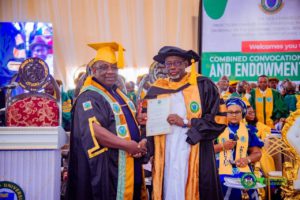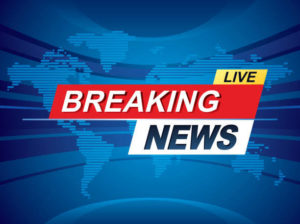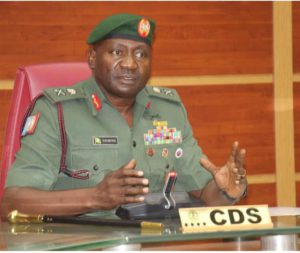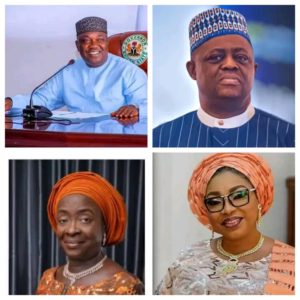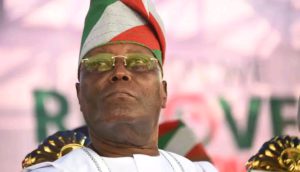Election Integrity at Risk: Nigeria’s 2027 Polls Threatened by Monetization, Institutional Capture
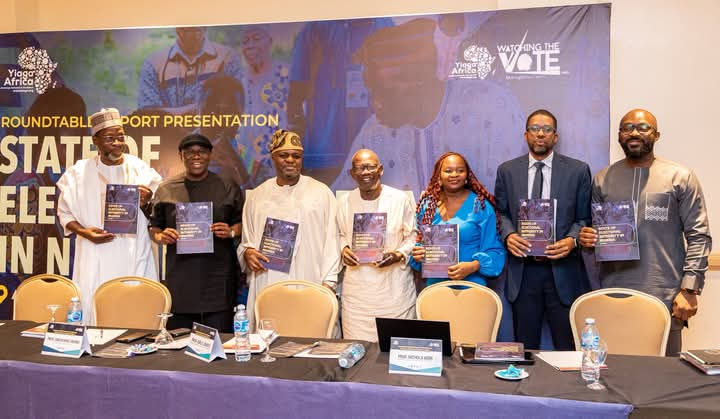
By Musbahu Basirka
Abuja, June 28, 2025 – Nigeria’s 2027 elections are staring at a perfect storm of compromised electoral integrity, with early warning signs indicating heightened risks of political opportunism, institutional capture, and economic hardship. This alarming conclusion is drawn from Yiaga Africa’s latest report, “State of Electoral Integrity in Nigeria,” released on June 27, 2025, in Abuja.

According to the report, multiple interlinked risks threaten the credibility of future elections, underscoring the need for vigilance from citizens, civil society, and the media. The report’s findings paint a worrying picture:
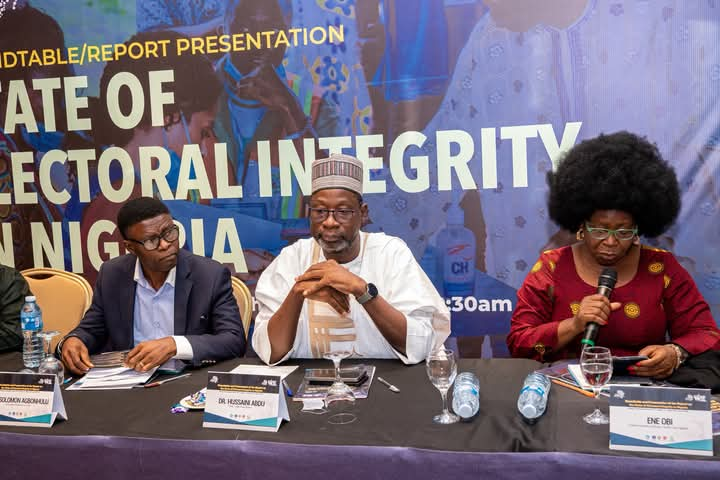
Monetization of Elections: The report highlights the growing trend of electoral malpractices fueled by money, undermining the democratic process.
Institutional Capture: Key institutions are at risk of being hijacked by powerful interests, compromising their independence and effectiveness.
Economic Hardship: The prevailing economic challenges in Nigeria could exacerbate electoral risks, making it more difficult to ensure free and fair elections.
Yiaga Africa’s report emphasizes that the integrity of future elections hinges on the resolve and vigilance of citizens, civil society, and the media. In light of these findings, the organization outlines critical interventions to mitigate these risks, including:
- Strengthening Electoral Institutions: Ensuring the independence and effectiveness of electoral bodies is crucial to maintaining electoral integrity.
- Promoting Transparency and Accountability: Implementing measures to increase transparency in campaign financing and electoral processes can help prevent malpractices.
- Enhancing Civic Engagement: Encouraging active participation from citizens and civil society organizations can help build a more robust democratic process.
Samson Itodo, a key figure behind the report, stresses the importance of collective action in safeguarding electoral integrity. “The 2027 elections will be a litmus test for Nigeria’s democracy. We need all stakeholders to work together to ensure that the process is credible, transparent, and reflective of the people’s will.”

The report’s release comes at a critical time, with Nigeria’s electoral commission, INEC, preparing for the 2027 polls. As the nation grapples with economic challenges and institutional weaknesses, the need for robust electoral reforms has never been more pressing.
Additional Data and Insights:
- According to a recent survey by the National Bureau of Statistics (NBS), 70% of Nigerians believe that money plays a significant role in determining election outcomes.
- The Economic Community of West African States (ECOWAS) has expressed concerns about the increasing trend of electoral malpractices in the region, emphasizing the need for robust electoral reforms.
Read the Full Report:
Credit:
Report by Yiaga Africa, authored by Samson Itodo and team.
Contact:
For more information, please contact:
[Public Eye News Email: publiceyenews0@gmail.com
[Public Eye News Phone Number: 08080218088
Join the Conversation:
Share your thoughts on Nigeria’s 2027 elections and the challenges ahead. Use the hashtag #ElectoralIntegrityMatters and join the conversation on social media.
By staying informed and engaged, Nigerians can work together to build a more robust and credible democratic process. The 2027 elections are a critical test of the nation’s democratic institutions, and it’s up to all stakeholders to ensure that the process is free, fair, and reflective of the people’s will.


